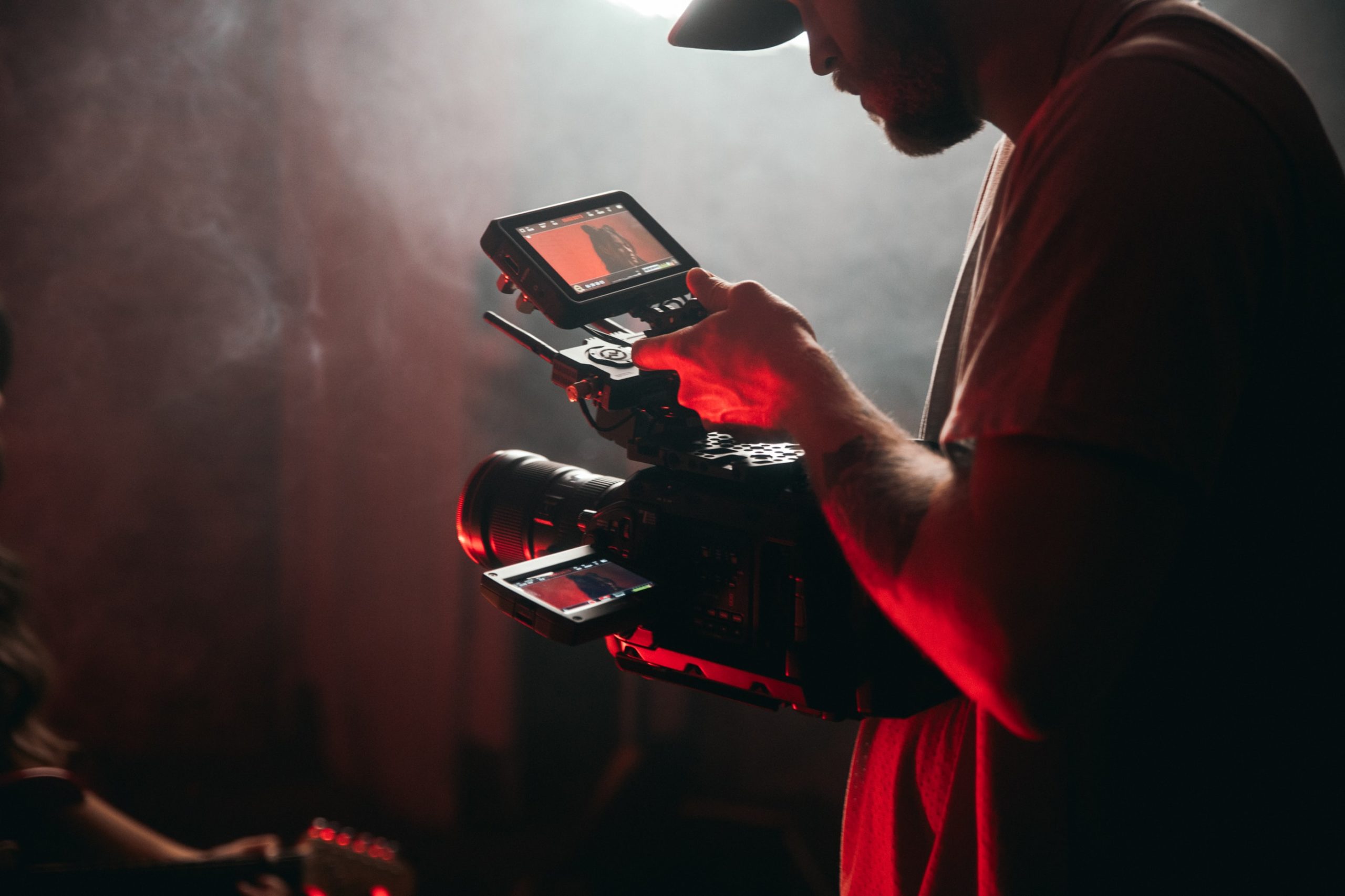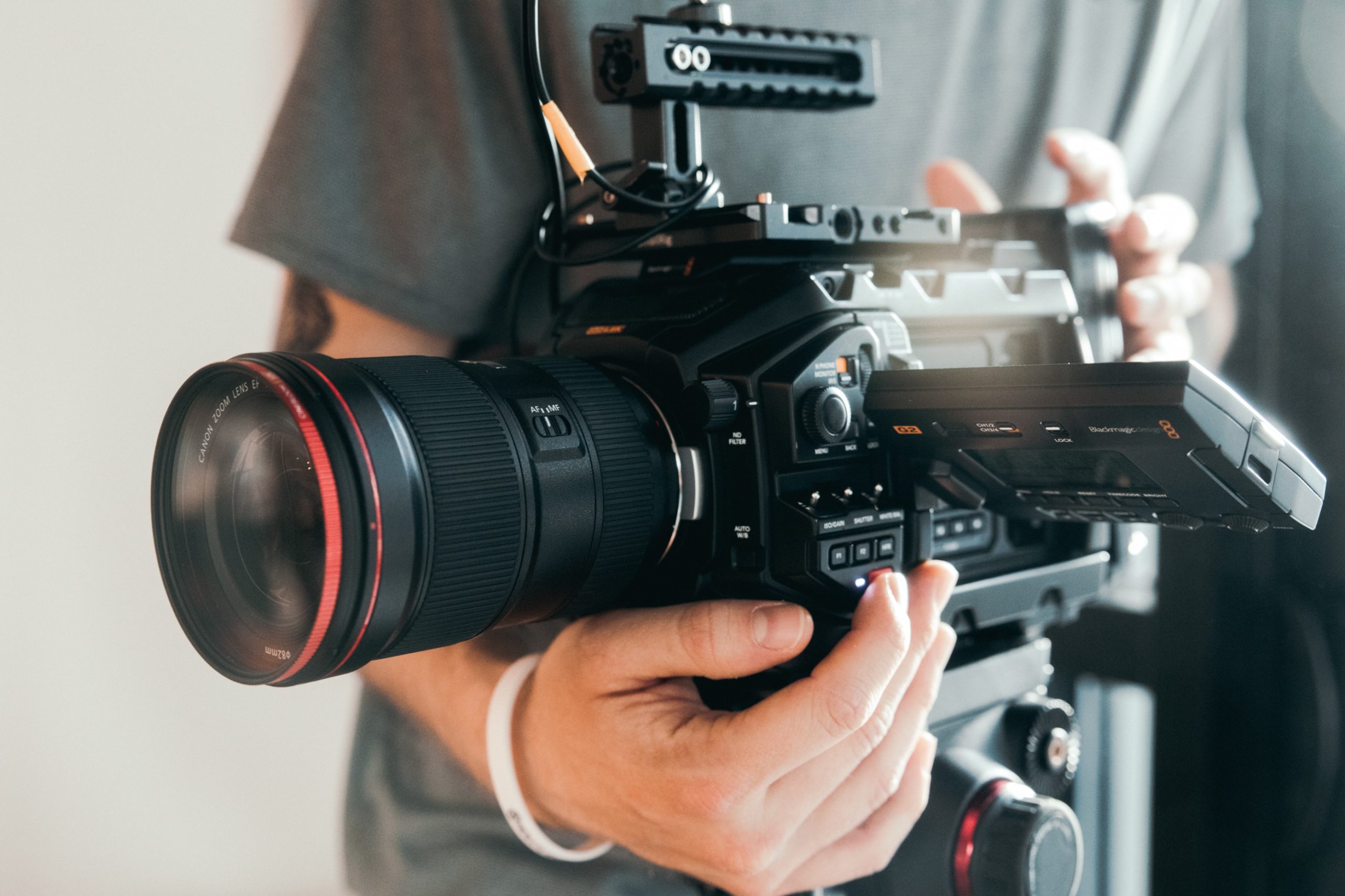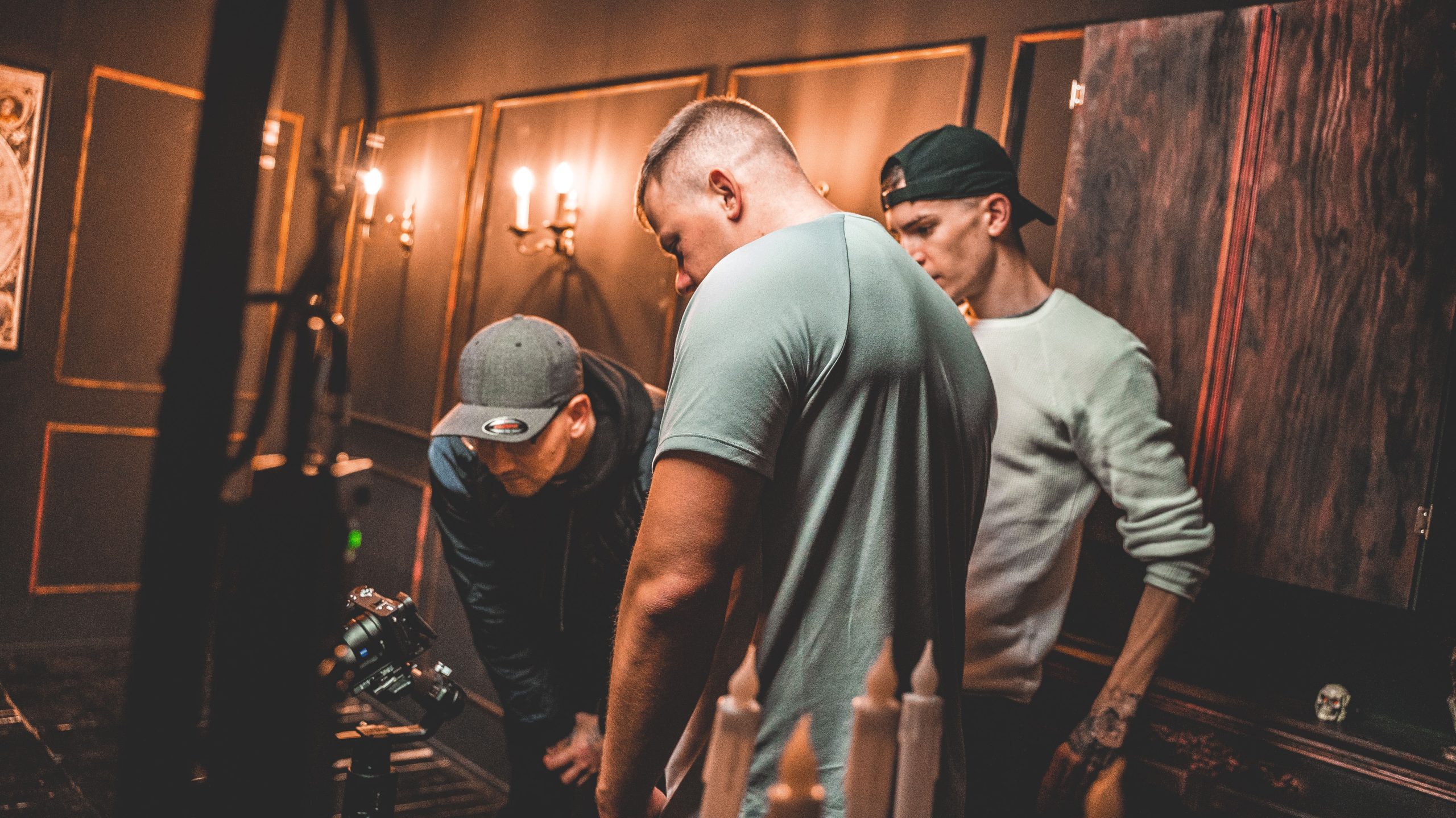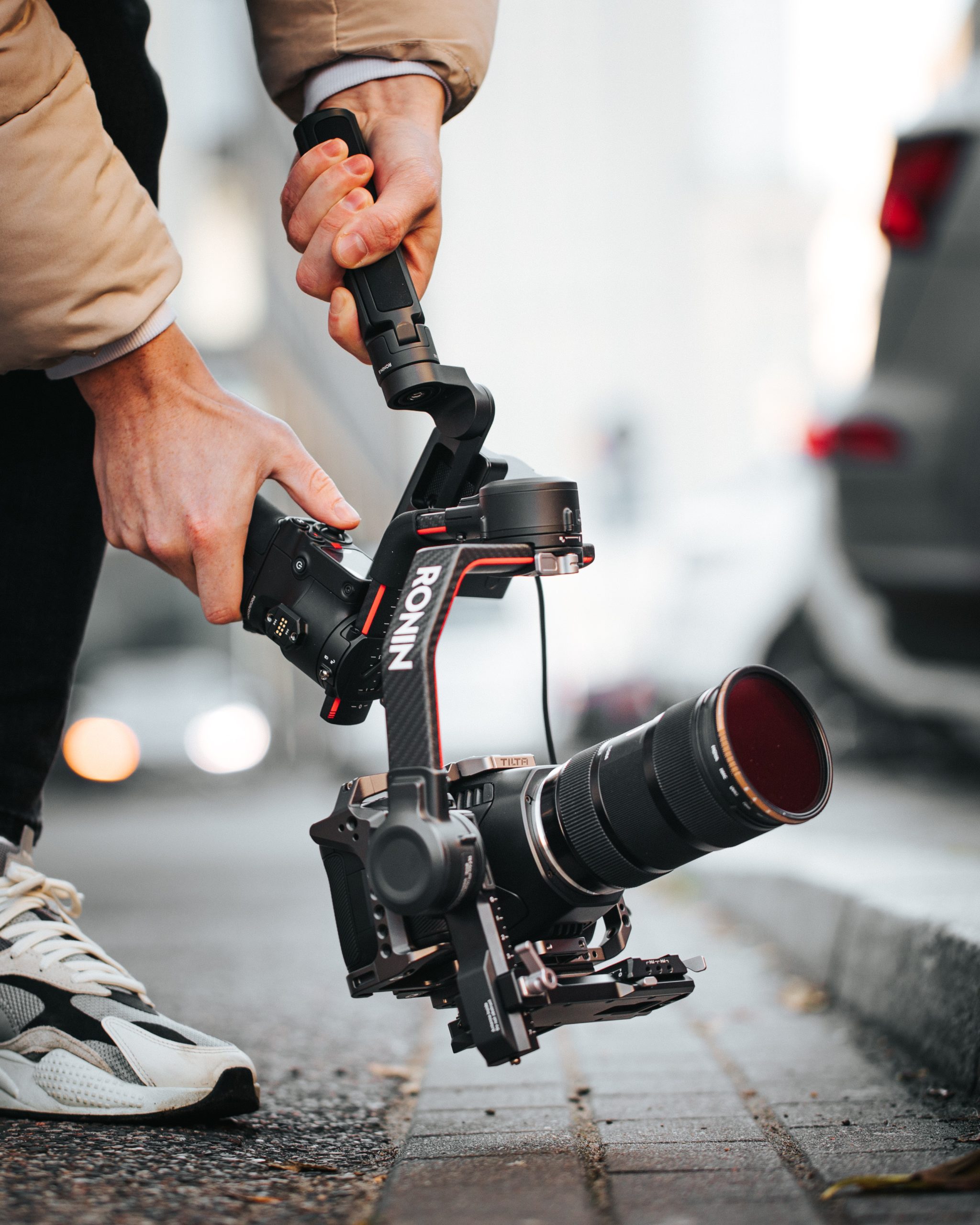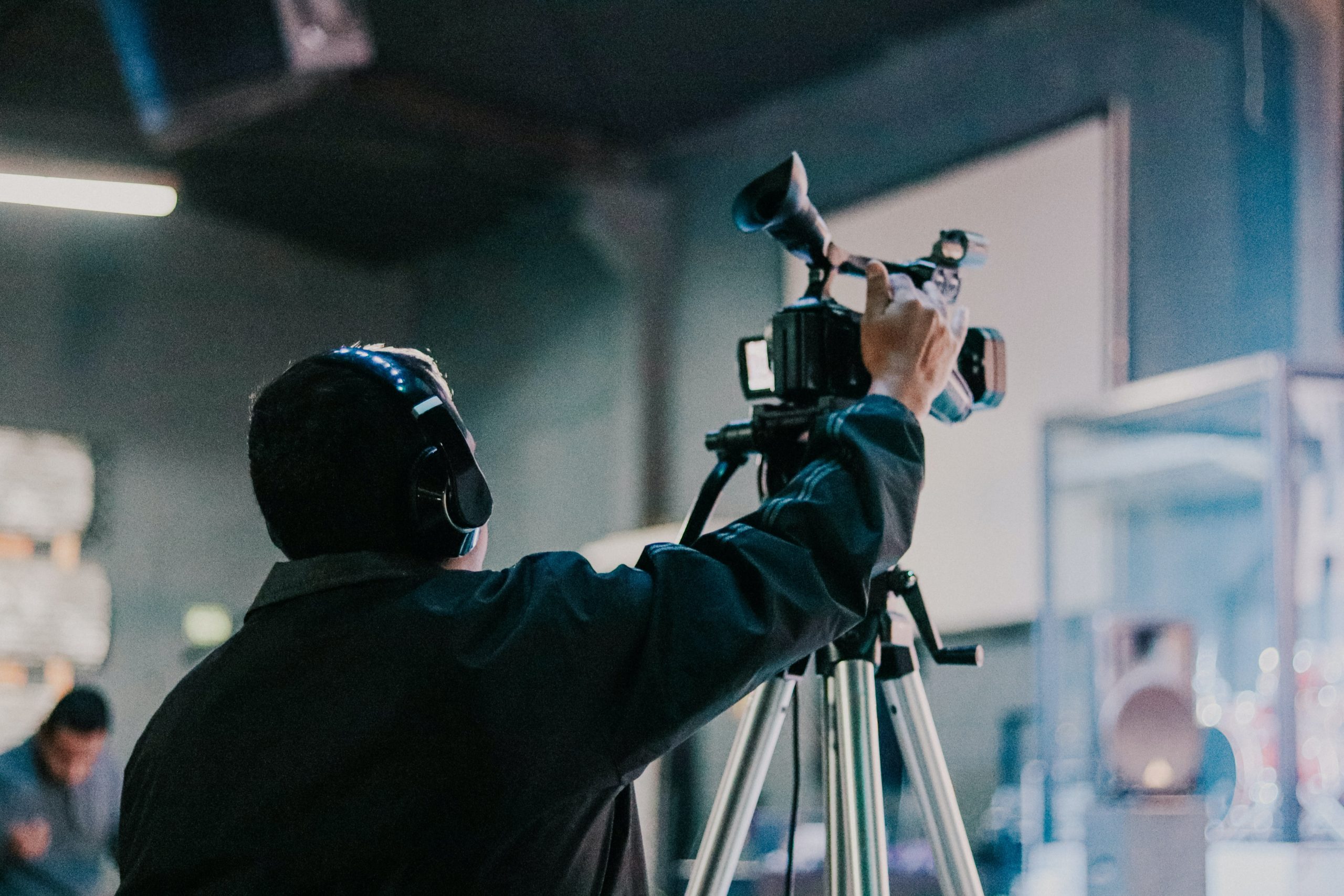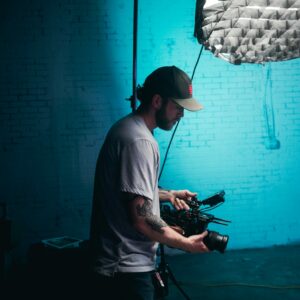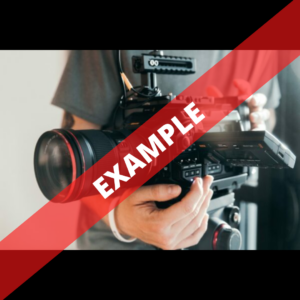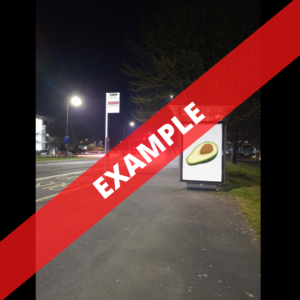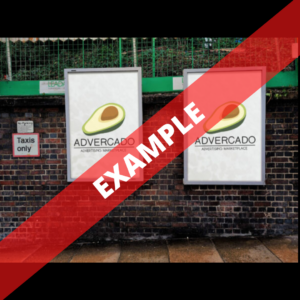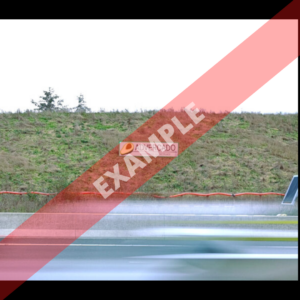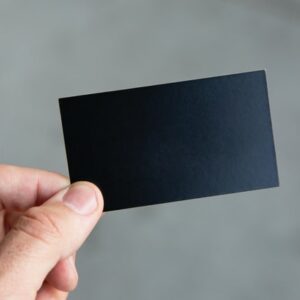Description
We work closely with our customers to understand scope, cost and ensure they have the finished product they desire.
The Process:
In this stage you work out your filmmaking idea and how you will tell your story. Your idea should be simple. Try writing it down in 50 words or one tweet: if you can’t, you need to rethink it or simplify it.
Once you’ve got your idea, write a script and make storyboards or shot lists.
Make sure you have all the people and all the gear you need before you start shooting.
Chosen a location? Don’t just assume it will be OK. Visit it before the shoot. Check that you can get permission to film there, if you need it. Check the light. Check that there won’t be any interruptions or distracting sounds. Check there’s space to get all the camera positions you need.
Make sure you get any legal agreements – e.g. actor release forms – signed before you start shooting: you don’t want to be arguing about these after you’ve completed your film.
Make sure you’re confident with your equipment before you start filming: spend time practising on short films that don’t matter before you start serious filmmaking.
You should shoot a bit more than you need, but if you shoot hours of footage it’ll take you forever to sort through it to find the bits you want. For a one-minute drama film you might need to shoot between three and five minutes of video. Documentaries – where you can’t control what there is to film – will need much more than this.
Watch what you’ve filmed and check it’s OK before you leave the location. Is the colour right? Is the framing right? Have you got all the shots you need?
If you’re recording live sound, pay particular attention to the sound quality and make sure to record some background sound or ‘ambience’ which will help with the editing.
Look through your footage before you start editing. If you’ve got a lot of material, you could log it and maybe create a paper edit before you start putting it together. You could also make a documentary script. There are templates for these here.
Do a ‘rough cut’ of the whole film (if it’s short) or individual sequence so you can get a sense of the bigger picture.
Follow the advice on organising your edit and the good editing tips. Gradually refine your edit, then add titles, sounds and effects if they’re needed. Remember ‘less is more’: most films can be improved by shortening them. Keep saving your film as you edit, unless your editing program does this automatically. Even if it does, make sure you backup your edits.
Keep reviewing your film as you edit: check that it makes sense, that the pace is right, and that the sound is consistent.
Next, you need to share your film. Follow the instructions for your editing software. I always export a full-quality version of the film, even if I don’t need it immediately. For file-sharing sites like Vimeo, follow their compression guidelines for faster, better-quality uploads.



